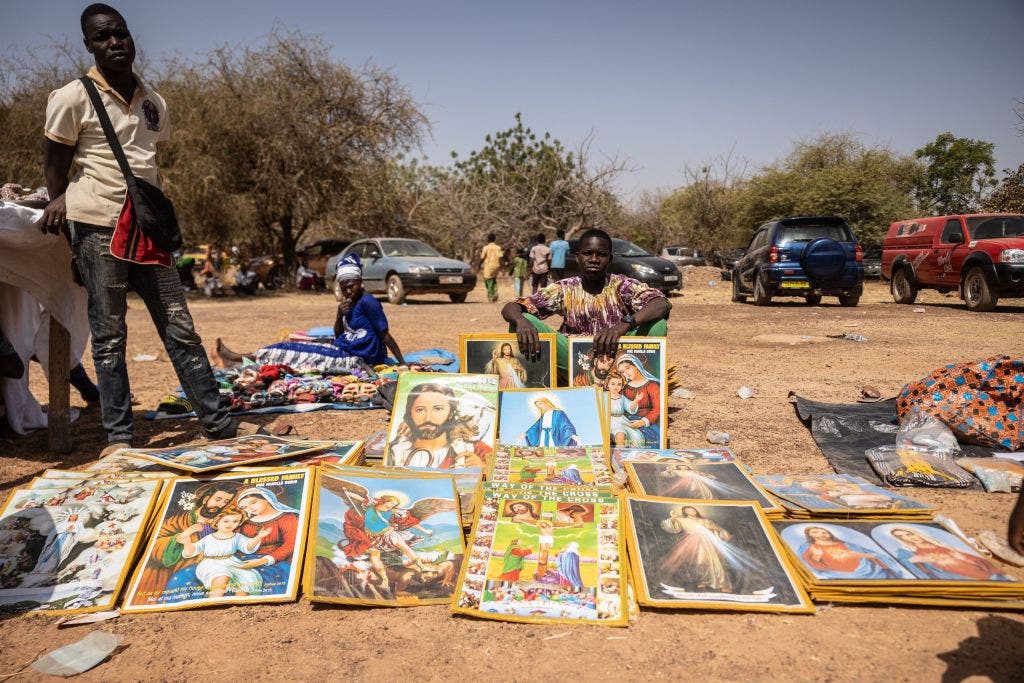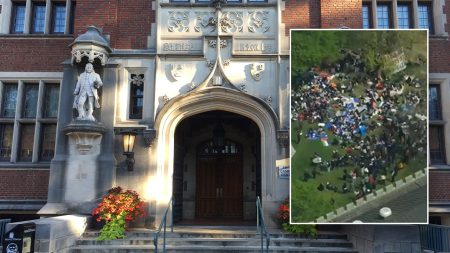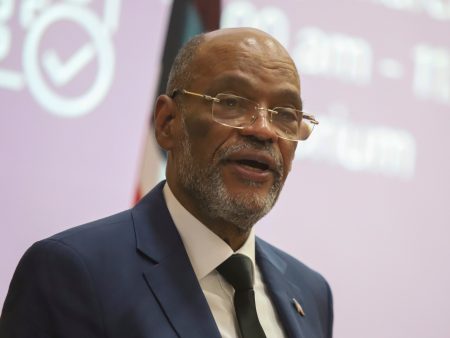Christianity is facing a deadly crisis in more than half of Africa’s 54 countries, with reports of persecution, killings, and displacement of the faithful in 28 countries on the continent. Nigeria stands out as one of the worst countries for Christians, with nine out of 10 Christians killed for their faith worldwide reported to be in Nigeria. The situation is described by sources as a genocide, with over 8,000 Nigerian Christians killed or abducted from January 2023 to January 2024. The violence against Christians includes being hacked to death with knives, forced conversions to Islam, rape, displacement, and destruction of places of worship.
The rise of radical Islam in Africa has led to an increase in targeting and persecution of Christians. This persecution comes from well-known groups like Boko Haram in Nigeria and al-Shabaab in Somalia, as well as lesser-known but equally violent groups in countries like Mozambique and the Democratic Republic of Congo. Open Doors US lists 28 African countries where Christians face oppression, harassment, and violence due to their faith. Nigerian Christians, who make up an estimated 46% of the population, are among the most affected, with millions displaced due to attacks by Fulani militants seeking to claim land for grazing.
Persecution of Christians is not limited to Nigeria, as reports also emerge from countries in the Sahel region such as Chad, Mali, Niger, and Burkina Faso. In Sudan, there have been church closures, attacks, and destruction as a result of the year-long civil war that has displaced millions. In Mozambique, Christians are targeted by Islamic insurgent groups, resulting in the displacement of over 1 million people since 2017. The destruction of chapels, attacks on missionaries, priests, and Christians have created an atmosphere of fear and insecurity in the region.
The United States government, as well as organizations like Open Doors US and the Voice of the Martyrs, are calling for action to address the persecution of Christians in Africa. The State Department regularly advocates for improvements in religious freedom and calls out violations impacting Christians. However, more action is needed to shine a light on the suffering of religious minorities facing violent attacks. Advocates stress the importance of holding extremist groups and governments accountable for the violence against Christians and other ethnic groups in Africa.
Local religious leaders in countries like Nigeria and Burkina Faso continue to resist pressure to convert to Islam, with many Christians prepared to die for their faith rather than compromise their beliefs. The need for the U.S. government to take a strong stance against attacks on Christians and the insecurity they create in sub-Saharan Africa is emphasized. Despite outreach to Nigerian authorities for comment on the situation, there has been no response. The ongoing persecution and violence against Christians in Africa is a pressing issue that requires international attention and action to protect the rights and safety of religious minorities in the region.















